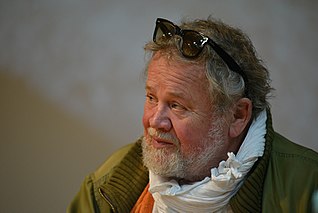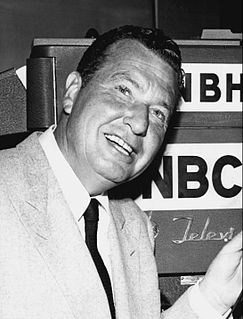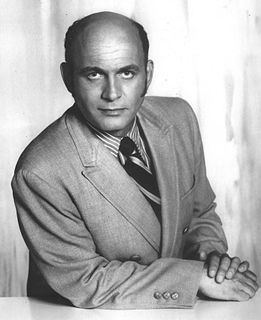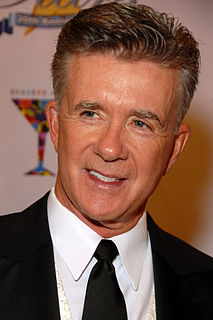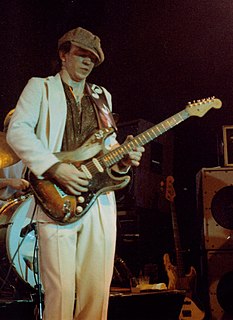A Quote by Antonin Kratochvil
I was repelled by the sleazy reality of the totalitarian countries: politicians were shameless. There were corruption, pollution, shoddy goods, long lines, and suicide everywhere, but the leaders kept boasting about their great achievements and bright tomorrows. I saw all this and tried to show it in my pictures as simply and straightforwardly as I could. All I wanted to do was record how all these poor people adapted to lies and suffering, how they got used to it, how, in fact they were bound to miss it when it was over.
Quote Topics
About
Achievements
Adapted
Boasting
Bound
Bright
Corruption
Could
Countries
Everywhere
Fact
Goods
Got
Great
Great Achievement
How
In Fact
Kept
Leaders
Lies
Lines
Long
Long Line
Long Lines
Miss
Over
People
Pictures
Politicians
Pollution
Poor
Poor People
Reality
Record
Saw
Shameless
Show
Simply
Sleazy
Suffering
Suicide
Totalitarian
Tried
Used
Wanted
Were
Related Quotes
If this understanding of the good news of Jesus prevailed among Christians, the belief that Jesus’s message is about how to get somewhere else, you could possibly end up with a world in which millions of people were starving, thirsty, and poor; the earth was being exploited and polluted; disease and despair were everywhere; and Christians weren’t known for doing much about it. If it got bad enough, you might even have people rejecting Jesus because of how his followers lived. That would be tragic.
Cinema has changed the world. If you go to the beginning of the cinema, you can see that the world started meeting other worlds. It was extraordinary. We saw how other people were living and thinking. How they were sad or happy. We also saw the body - naked or half-naked people, which was prohibited everywhere by religions. This was extremely important.
I kept listening, kept going to see people, kept sitting in with people, kept listening to records. If I wanted to learn somebody's stuff, like with Clapton, when I wanted to learn how he was getting some of his sounds - which were real neat - I learned how to make the sounds with my mouth and then copied that with my guitar.
Living a long life, the conventional wisdom at the time said, depended to a great extent on who we were-that is, our genes. It depended on the decisions we made-on what we chose to eat, and how much we chose to exercise, and how effectively we were treated by the medical system. No one was used to thinking about health in terms of community.
I have a very close friend who is a brilliant clown, and I always wanted to do a show with him. So I did one year at La MaMa Theatre. I had not done stilts before that show, and I had about two weeks to learn how to do that, and they were just made with off-off Broadway money. The ones that I had in Rogue One were made by [Industrial Light & Magic]. So they were really easy. They were made with actual prosthetic feet on the bottom. They were athletic, in a way. I could run in them. There was a bounce to them that I could use.
